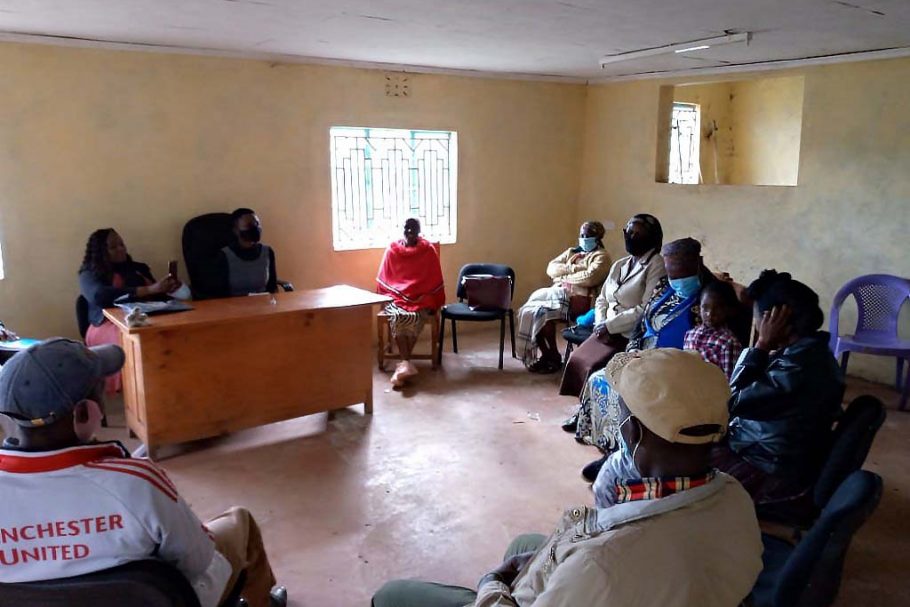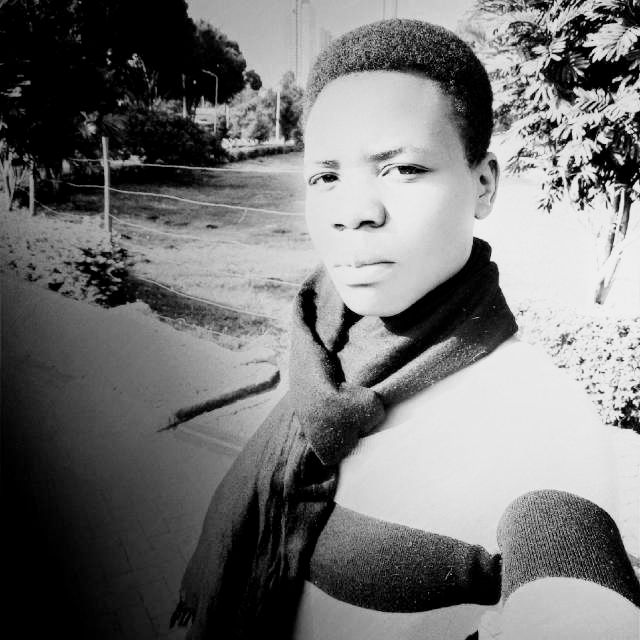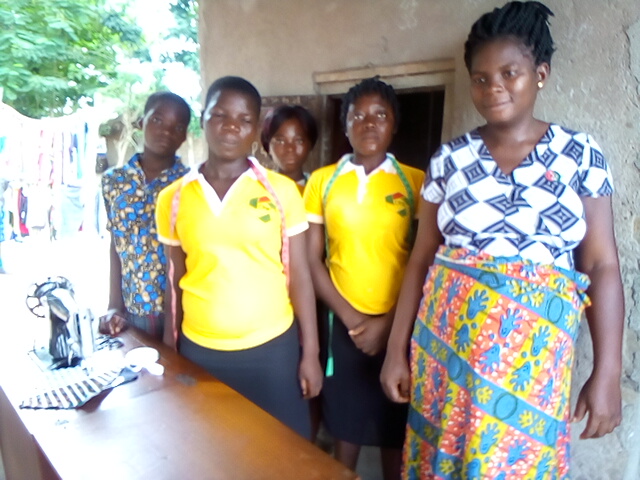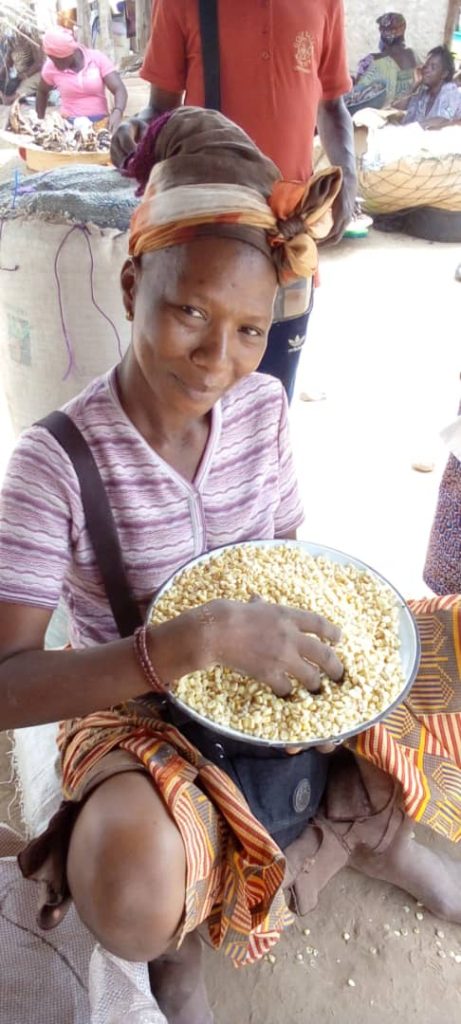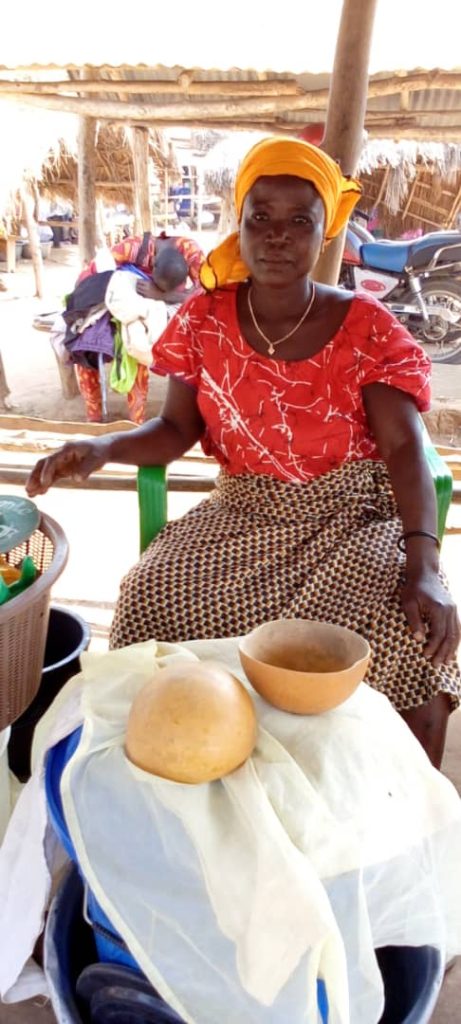Meet women who make a change
To honour International Women´s Day, we present the women from Sub-Saharan Africa we work and partner with.
Because it is International Women’s Day 2022, we would like to present some amazing women that are related to Action10. By explaining their role in the organization, we also hope to increase your understanding of the way we operate and the positive impact that, together with them, we generate.
Millicent, team leader in Kenya
Without further delay, let’s start with Millicent. Millicent fulfills the role of team leader in our RISE center in Kenya. We can understand RISE centers as branches of our organization located in different African countries. RISE centers provide consultancy, workshops, and support to all the participants in our projects. Millicent, for example, has the vital role of contributing to the evaluation protocols of the projects, developing reports, as well as other things. You can read more about Millicent and an interview we conducted with her – Meet Millicent, our team leader in Kenya.
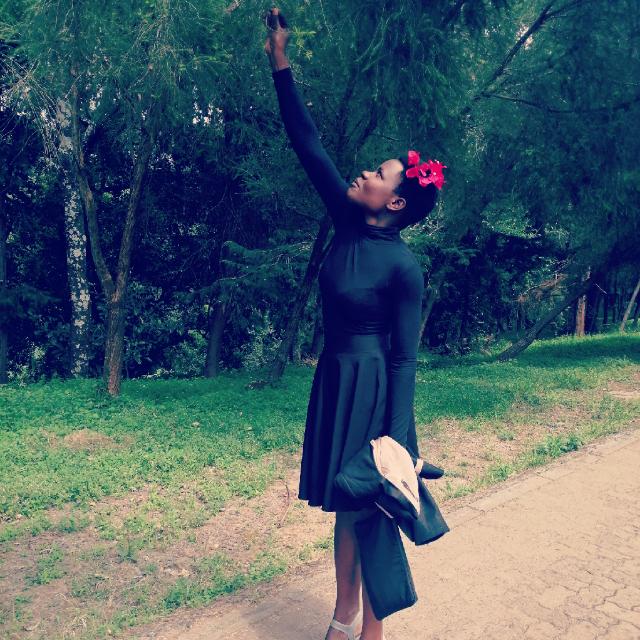
“Empowering people, especially the marginalized, is what motivates me.”
Millicent
Virginia, social entrepreneur
Next, we would like to introduce Virginia. Virginia is one of our partners in Kenya. This means she is one of the social entrepreneurs that accessed one of our loans and with whom our team in Africa is working side by side to develop her business further. Recently, Virginia told us that raising the living standards of people around her was one of the things that motivated her to start a business. You can learn more about Virginia and read the full interview on the programme page – Developing a retail business in Kenya.
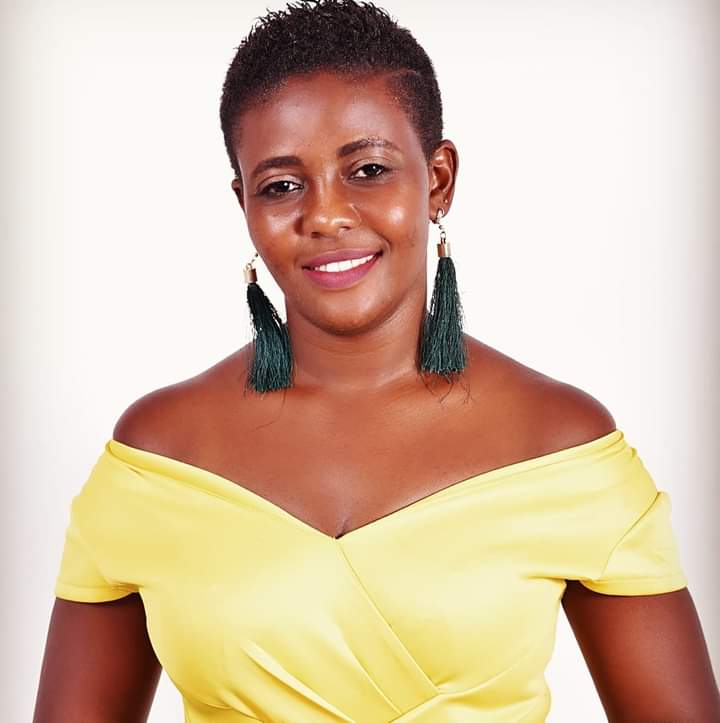
“Hope for a better tomorrow is what motivates me in the first place.“
Virginia
Women from a Togo village
Third, we would like to introduce all the women who participate in our programme in rural Togo. These women assist in workshops and receive coaching from a RISE center and work very hard to beat poverty and take care of their families.
Some of the activities they do involve selling maize, local drinks, fruits, among other things. They also include setting up tailoring or hairdressing businesses. Because of this, many of them are now happy to contribute to the well-being of their families like, for example, taking care of the school fees of their children. You can support them and learn more about the programme – Small business endeavours in Togo.
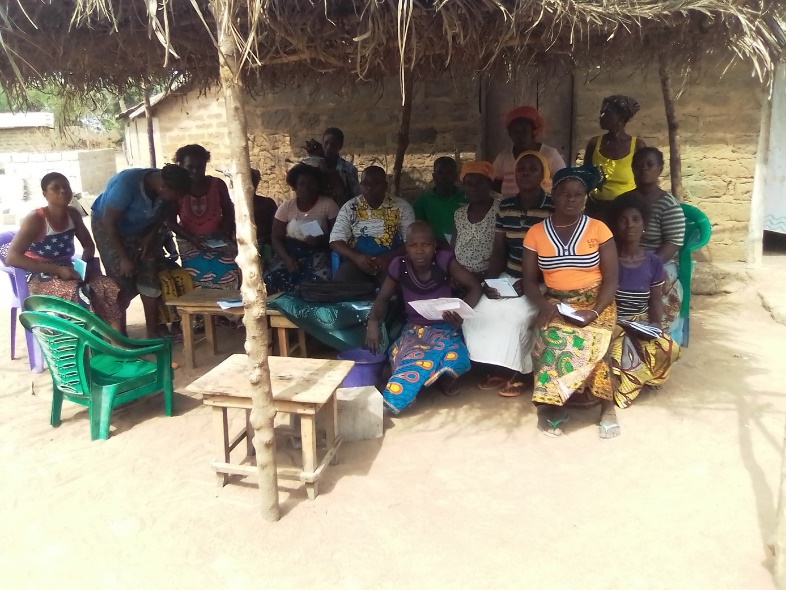
The women involved in the programme are more appreciated since they started their business and, as they testify – joy joined their families!
Learn more about our programmes
Read more about our programmes and join our African partners in finding a sustainable way out of poverty.

